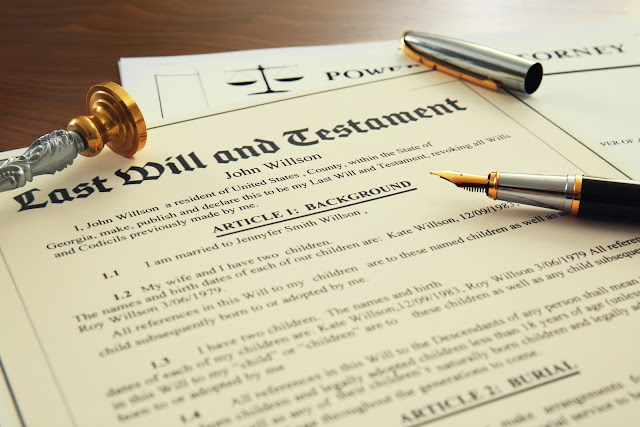Couples who are child-free sometimes think they don’t need an estate plan, but nothing could be further from the truth. An estate plan created by the
best estate attorney ensures that your assets go where you want them to go after you pass away. Following are five estate planning tips of particular importance to couples without kids:
1. Yes, you need a Will. If you don’t have a Will, you are not alone, as 64% of American adults don’t have a Will. It is time to put yourself among the very smart 36% who do have a Will.
A Will ensures that your property goes to the persons and/or entities you choose; not having a Will leaves it up to the state to decide who receives your property.
• What happens if your spouse survives you? You may want him or her to have a portion, and also to make bequests to a favorite niece, your house of worship, your alma mater – whatever! A Will is the only way to make sure it happens as you wish.
• What happens if both you and your spouse die at the same time? In this scenario, there is more property to go around, so you may give more generously to a few, or give to more people or organizations.
• What happens if your spouse survives you, but then dies shortly thereafter? You should ask this question particularly if you are leaving everything to your spouse. When the spouse passes away, his or her Will determines what happens to the assets you left behind.
2.Establish power of attorney. Most likely you would rely on your spouse to make decisions for you should you become incapacitated. But what happens if your spouse dies suddenly or becomes incapacitated? Give another trusted person (or persons) your
power of attorney to pay your bills, manage your money, and sell property. You may also choose a separate individual to have your
health care power of attorney and make medical decisions for you.
3.Beneficiaries.You would designate who receives the assets in retirement accounts or a life insurance payout by naming beneficiaries. Once you have named beneficiaries, it is important to keep these current. We all know that life changes, and sometimes very quickly. Plan a periodic review of your estate plan with your estate planning attorney.
4. Start giving now. You may name individuals or charities as recipients of your generosity right nowand enjoy the thanks while you are alive. There are trusts you may establish that will allow you to live off of the assets of the trust, and then when you pass away, the remaining balance goes to the individuals and/or chariies you have chosen. There are other ways to structure
giving through trusts, so it is very important to consult with an experienced estate attorney.
5. Plan for your pets. Did you know that 500,000 pets are euthanized each year because their owners did not provide a plan for them? Make sure your beloved pets are cared for in the way that you wish. You must designate someone to be the pets’ guardian, but make sure the person agrees to this role. It’s also best to leave funds for the care of your pets. If no one comes to mind, there are nonprofit organizations that will take-on this responsibility (again, you should designate funds for the care).
Don’t wait any longer to become part of the smart 36% who already have estate plans. You (and your spouse if applicable) should meet with an
experienced estate attorney at Perna & Abracht LLC.




